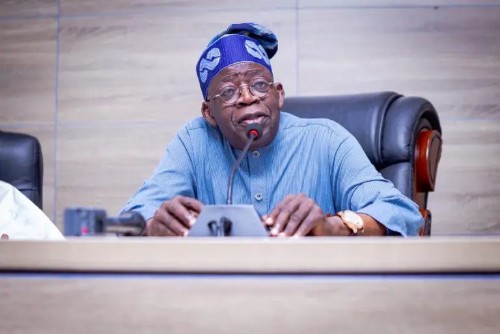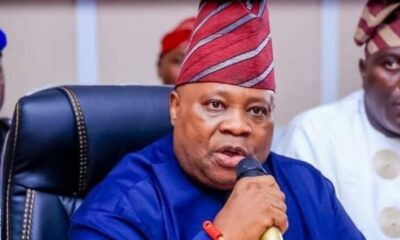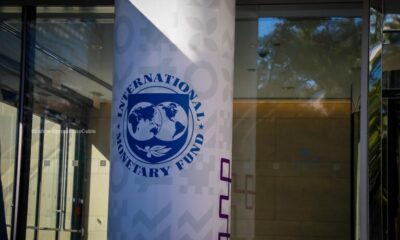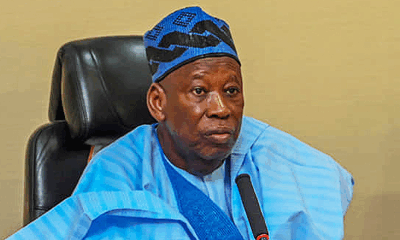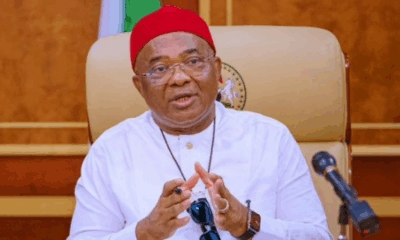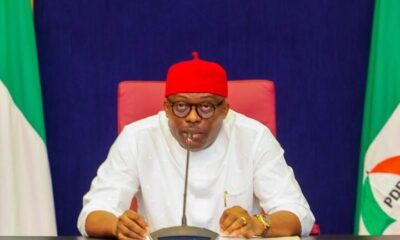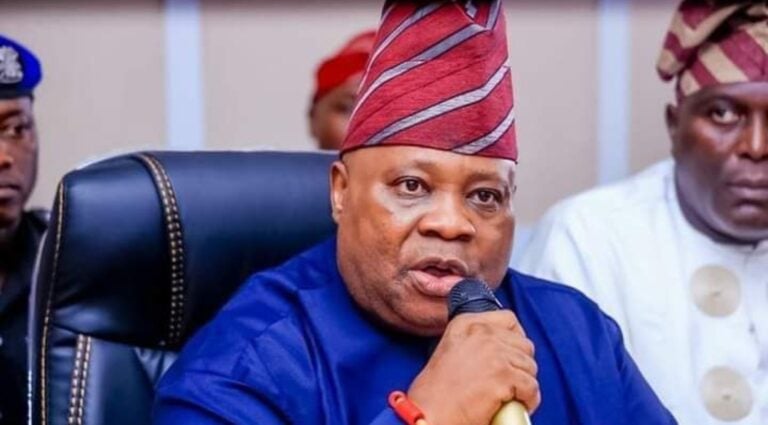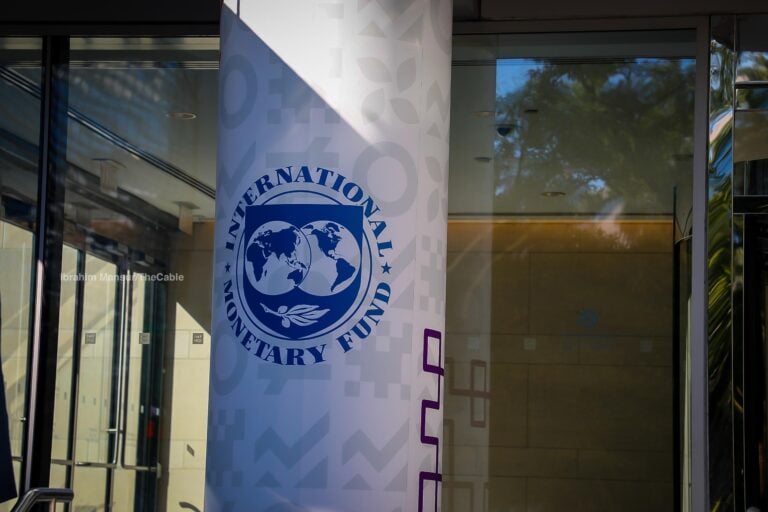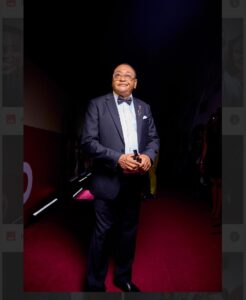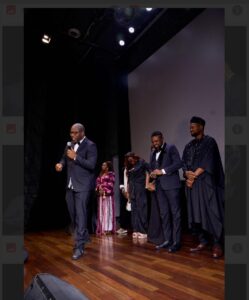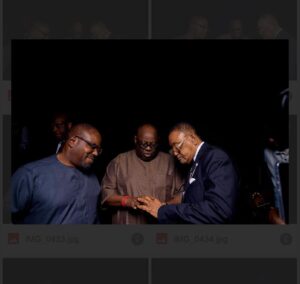The International Monetary Fund (IMF) has omitted Nigeria from the list of sub-Saharan Africa’s fastest-growing economies in its latest Regional Economic Outlook, released on Thursday in Washington DC.
According to the report, Benin, Côte d’Ivoire, Ethiopia, Rwanda, and Uganda are projected to lead economic growth on the continent, driven by reforms and recovery resilience.
“The region has demonstrated remarkable resilience to a series of major shocks over the past several years and features several of the world’s fastest-growing economies,” the IMF stated.
However, the Fund noted that resource-dependent and conflict-affected countries — which include Nigeria — continue to experience slower growth and modest gains in income per capita, averaging just 1 percent annually.
Growth Outlook
The IMF projects sub-Saharan Africa’s economy to expand by 4.1% in 2025, the same rate as in 2024, with only a modest increase expected in 2026.
Although Nigeria was not listed among the fastest-growing economies, the IMF acknowledged recent reform efforts in both Nigeria and Ethiopia, noting that these have contributed to marginal upward revisions in their growth forecasts.
Fiscal Fragility And Debt Concerns
The Fund warned that fiscal fragility remains a major vulnerability across much of the region, particularly among low-income countries.
“While average public debt ratios have stabilised, they remain high. Debt-service burdens — interest payments relative to fiscal revenues — have risen sharply, crowding out key development spending, especially in Kenya and Nigeria,” the IMF said.
Inflation And External Pressures
The IMF noted that although median inflation in sub-Saharan Africa declined from over 6% at the end of 2023 to around 4%, inflation remains in double digits in countries such as Nigeria, Angola, Ethiopia, and Ghana.
It attributed the easing inflation to lower global food and energy prices and tighter monetary policies, while cautioning that inflationary pressures are still significant in large economies.
The Fund also highlighted weak external buffers, revealing that international reserves in roughly one-third of the region fall below the recommended three months of import cover.
In low-income economies, the median level of reserves has dropped to 2.5 months of imports, largely due to foreign exchange interventions aimed at stabilising domestic currencies.
IMF Acknowledges Nigeria’s Policy Shifts
The IMF commended Nigeria’s recent tax and foreign exchange reforms, noting that tighter fiscal and monetary measures have contributed to the decline in inflation.
Nevertheless, it warned that sustained discipline and structural reforms are needed to strengthen growth, rebuild reserves, and ensure fiscal sustainability.
Background:
The report was presented at the 2025 IMF/World Bank Annual Meetings, which brought together policymakers from across the continent to discuss regional stability, debt management, and economic diversification.

 BIG STORY3 days ago
BIG STORY3 days ago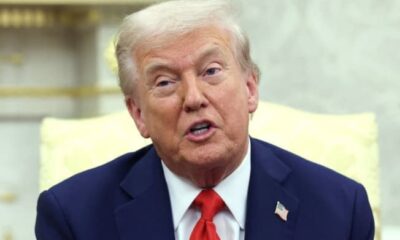
 BIG STORY2 days ago
BIG STORY2 days ago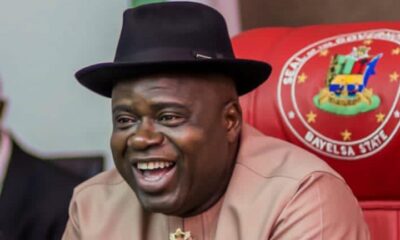
 BIG STORY2 days ago
BIG STORY2 days ago
 BIG STORY4 days ago
BIG STORY4 days ago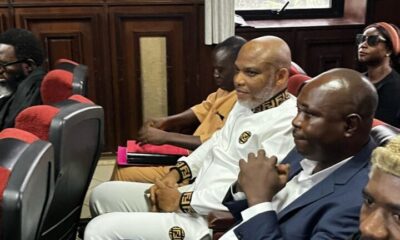
 BIG STORY1 day ago
BIG STORY1 day ago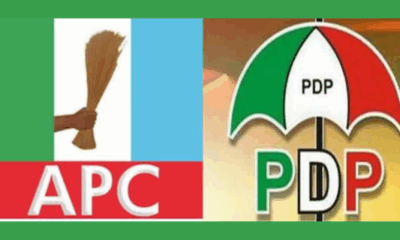
 BIG STORY3 days ago
BIG STORY3 days ago
 BIG STORY1 day ago
BIG STORY1 day ago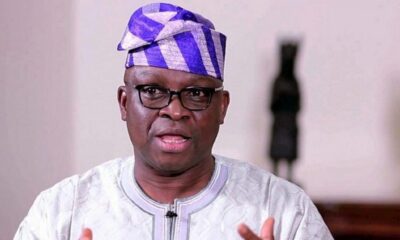
 BIG STORY1 day ago
BIG STORY1 day ago




